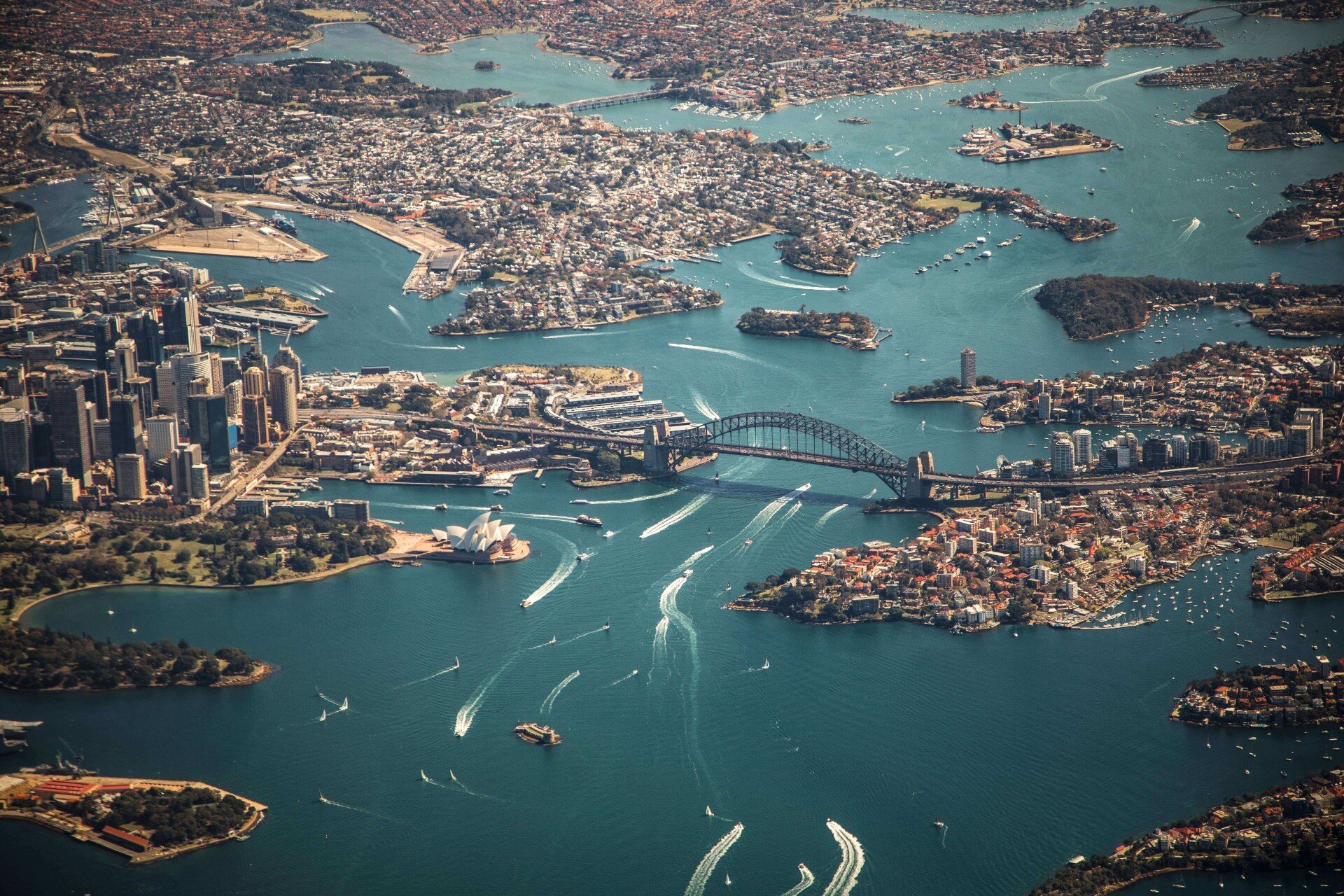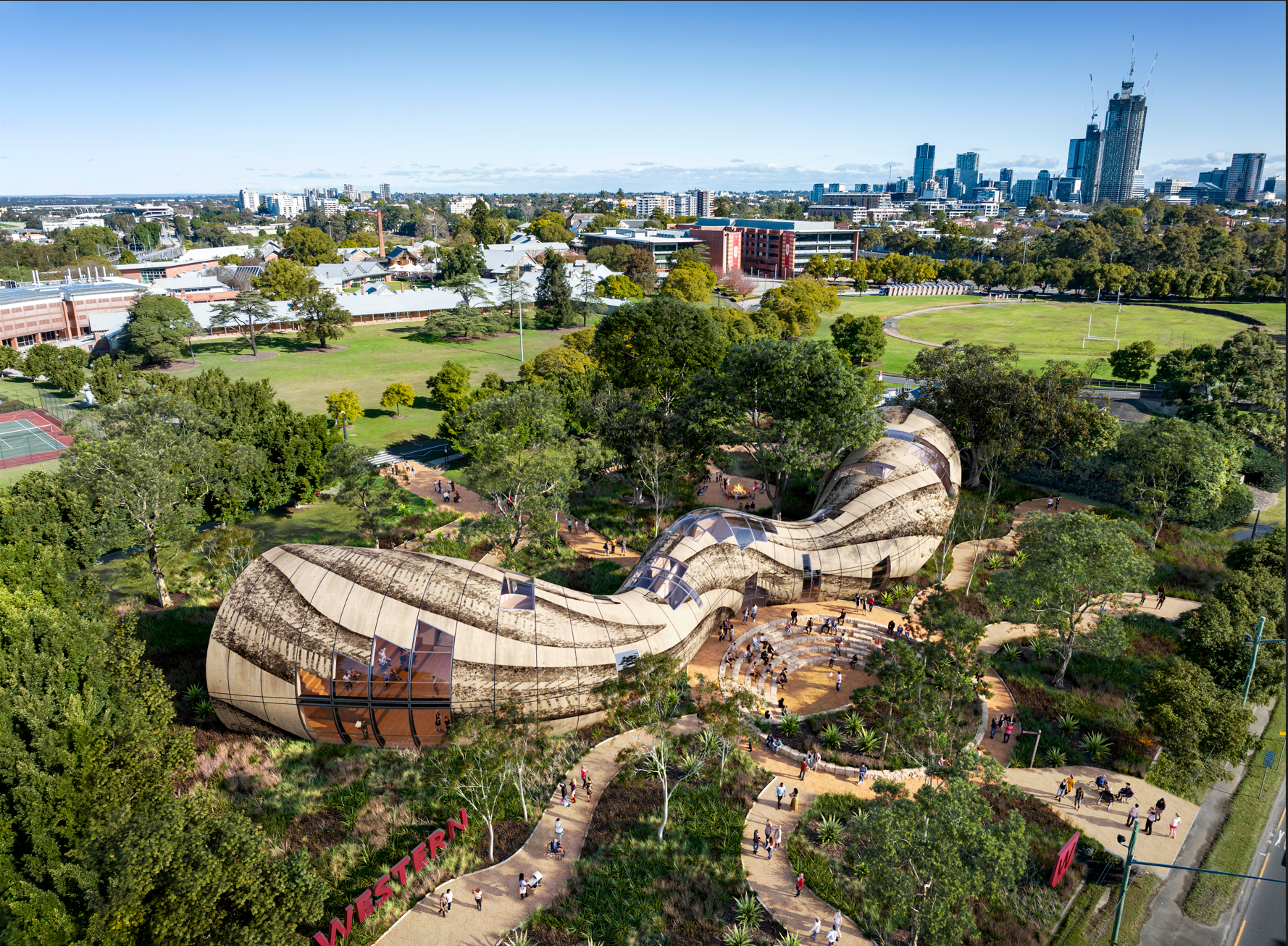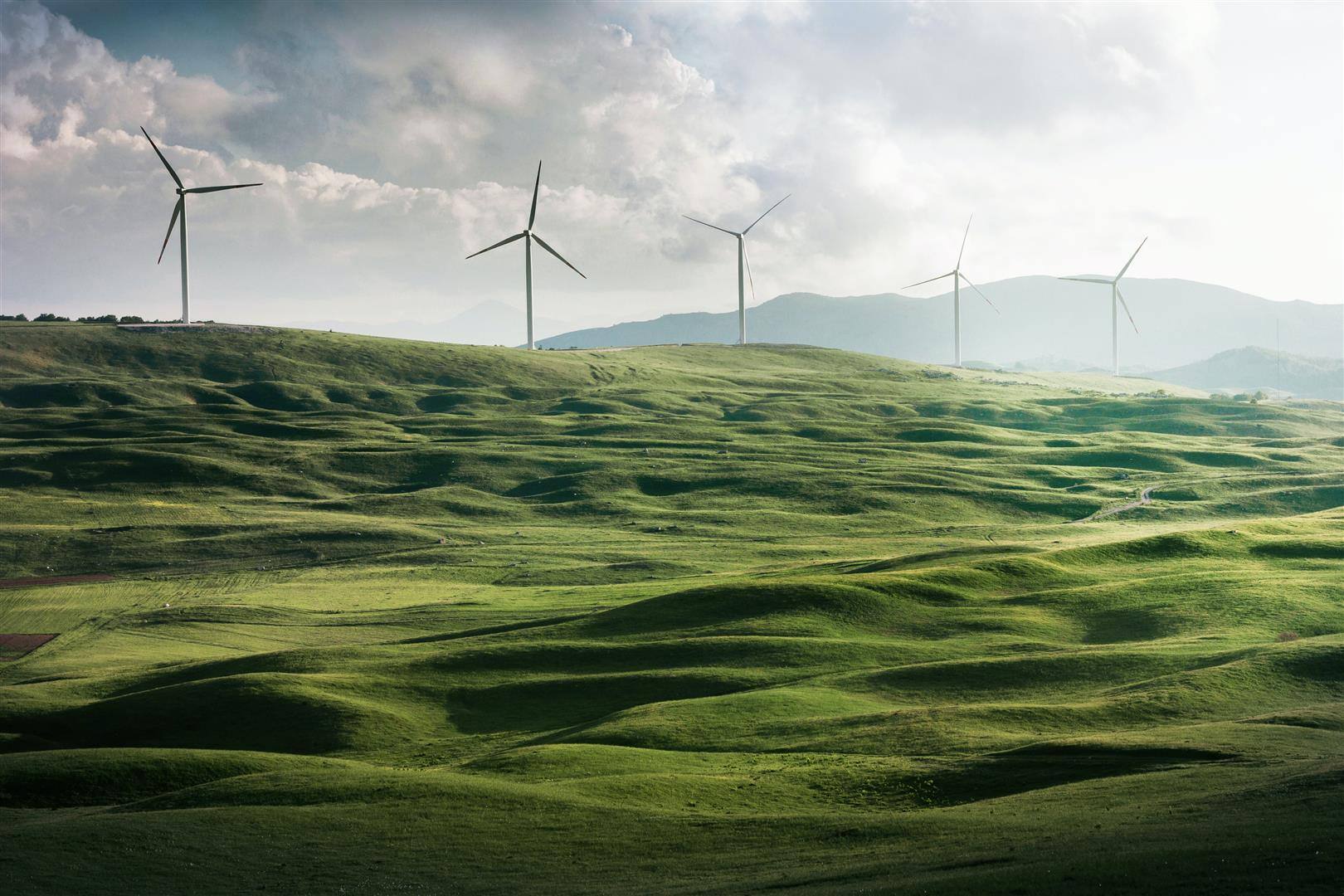INFRASTRUCTURE & ENVIRONMENTAL MANAGEMENT
Emerging Trends – An Outlook of Australia’s Infrastructure Industry



Published: 25 July 2022
As Australia emerges from the impacts and disruptions caused by the COVID-19 pandemic, the country is predicted to experience an economic recovery, as growth opportunities arise for the infrastructure industry. While there are currently exceptional levels of construction demands and government commitments to infrastructure spending, numerous challenges also face the industry. COVID-19 disruptions have caused shortfalls in capacity of both materials and labour. Further, the rise of inflation has put pressure on many companies and contractors. However, there is much cause for optimism, as immigration bounces back, and public infrastructure investments are set to exceed $218 billion over the next five years (Infrastructure Australia, 2022).
Opportunities
Further to this unprecedented scale of investment, GDP is expected to grow by 4.25% in 2022 (Reserve Bank of Australia). This figure is fuelled by the substantial pipeline of infrastructure projects (especially in the transport sector), reopening of borders, and increased commodity prices of exports. The renewable energy sector is also expected to continue expanding. With the recent change in Federal Government, greater emissions reductions have been pledged, with the National Electricity Market share of renewables expected to hit 82% by 2030. Today, renewables comprise 32.5% of the market, double that of 2017. There are presently 9,331 MW of large-scale renewable energy projects either financially committed or under construction across the country (Clean Energy Council, 2022). Finally, due to the reopening of global economies, there is significant growth in demand for Australian minerals and energy, with exploration spending reaching record highs.
Challenges
However, despite all this growth, the construction industry does not have the sufficient present capacity to meet all planned projects. There are substantial labour shortages, primarily due to the border closures and lockdowns. If pre-pandemic immigration levels do not return, it is predicted there will be a shortfall of 105,000 jobs in construction (Infrastructure Australia, 2022). As with demand for labour, the requirement of construction materials is also high, forecasted to grow by 30% annually. Further, there is still some uncertainty due to the war in Ukraine, with disruptions in supply chains and increases in fuel prices creating flow-on effect costs for the industry. Due to these challenges, there is also continued risk of contractor insolvencies.
Infrastructure Priority List
The Infrastructure Australia statutory body has released its 2022 infrastructure Priority List to help advise Government spending. This presents key investment opportunities for regional Australia and cities. The recent 2022 update in June includes 25 new early-stage proposals, most of which are in transport, including nine projects in NSW. Additionally, the list presents two federal investment-ready proposals with strong business cases, namely the Australia-Asia Power Link and Circular Key Renewal. The former of which is set to become the world’s largest renewables hub, including solar and batteries, located in the Northern Territory to power Darwin, and through sub-sea electricity cables, Singapore (Sun Cable).
WolfPeak’s Involvement
WolfPeak are considerably involved with many State Significant projects in NSW. These include the various new Sydney Metro lines, the Coffs Harbour Bypass, Snowy 2.0, and numerous Schools Infrastructure developments. Additionally, some of our work comprises the Infrastructure Priority List, such as the NSW Inland Rail program. Our team are experts in the delivery of major infrastructure, having provided leadership and environmental support to some of the most pivotal projects throughout NSW.
If you would like to find out more about WolfPeak and our services please call 1800 979 716 or email info@wolfpeak.com.au



